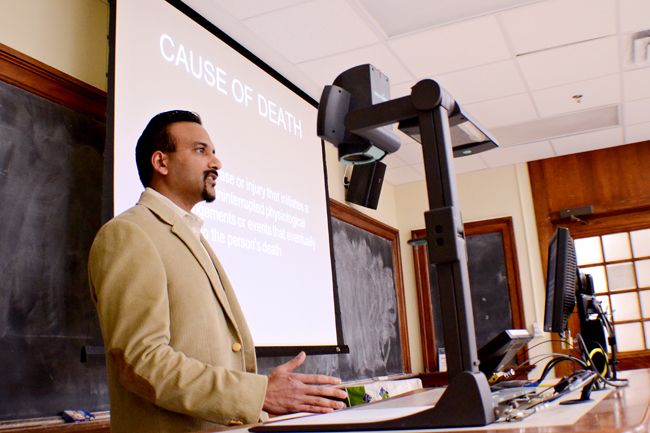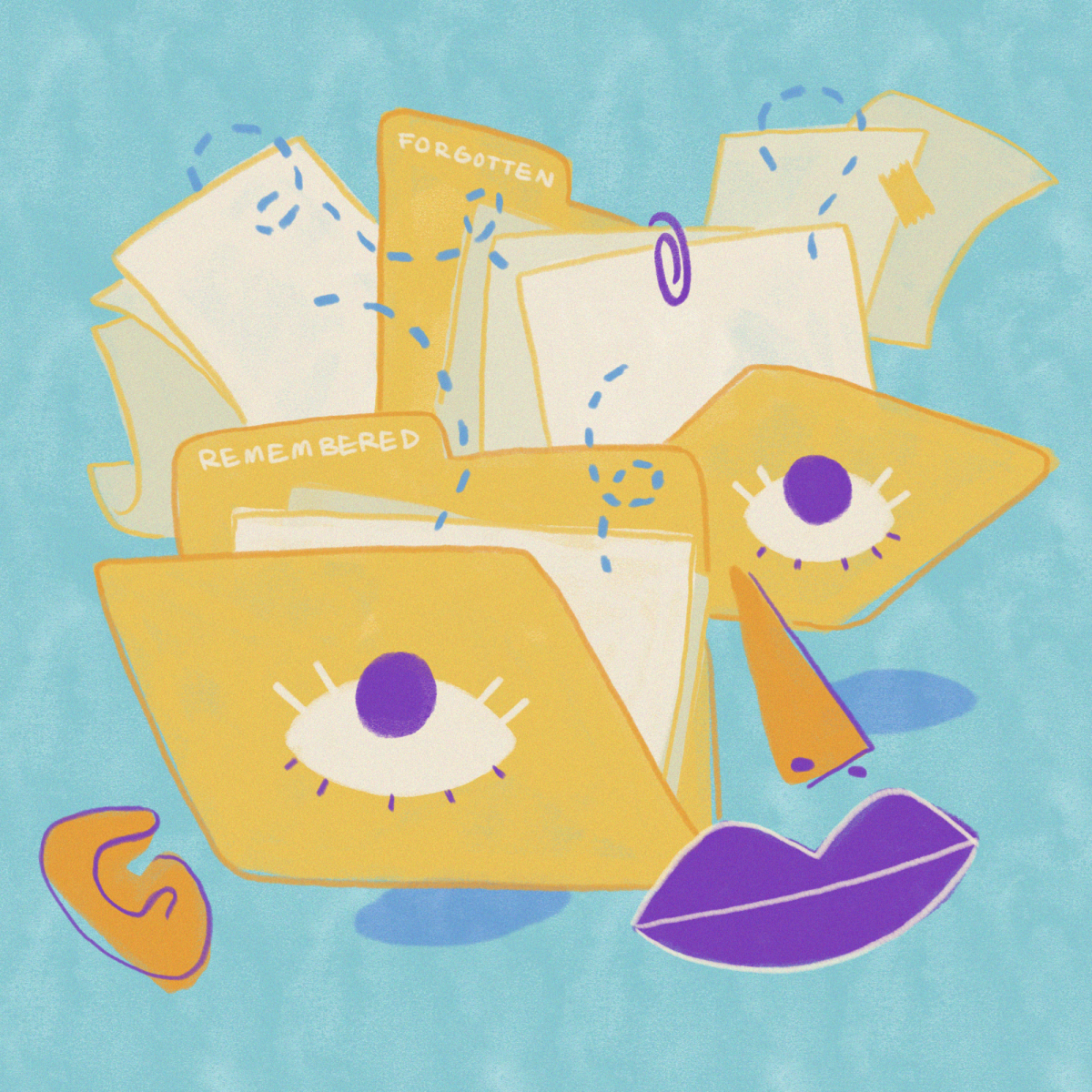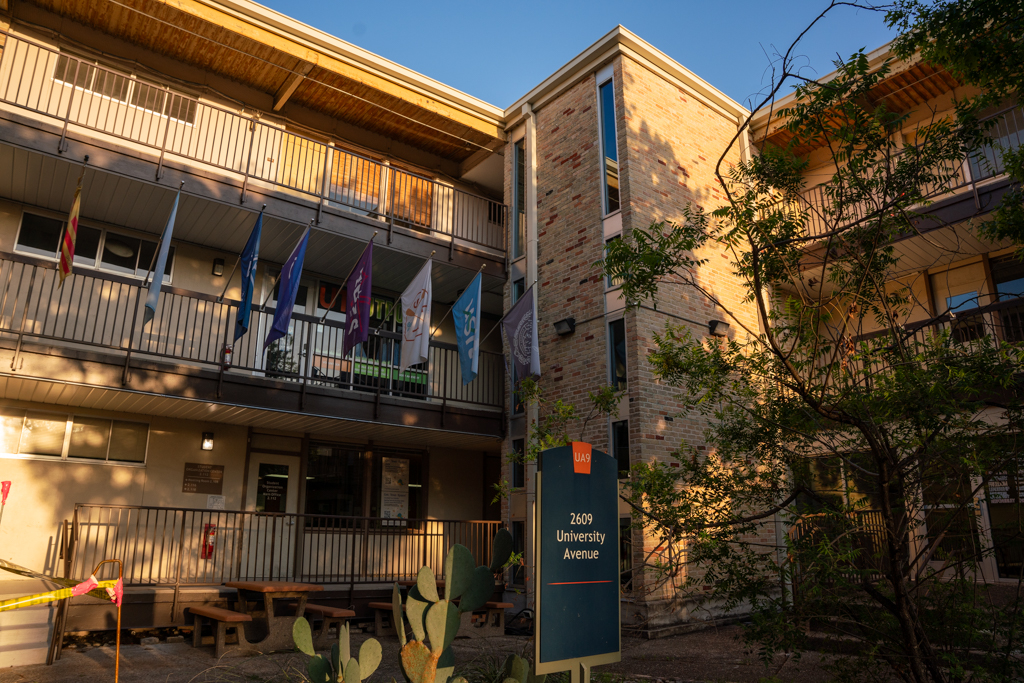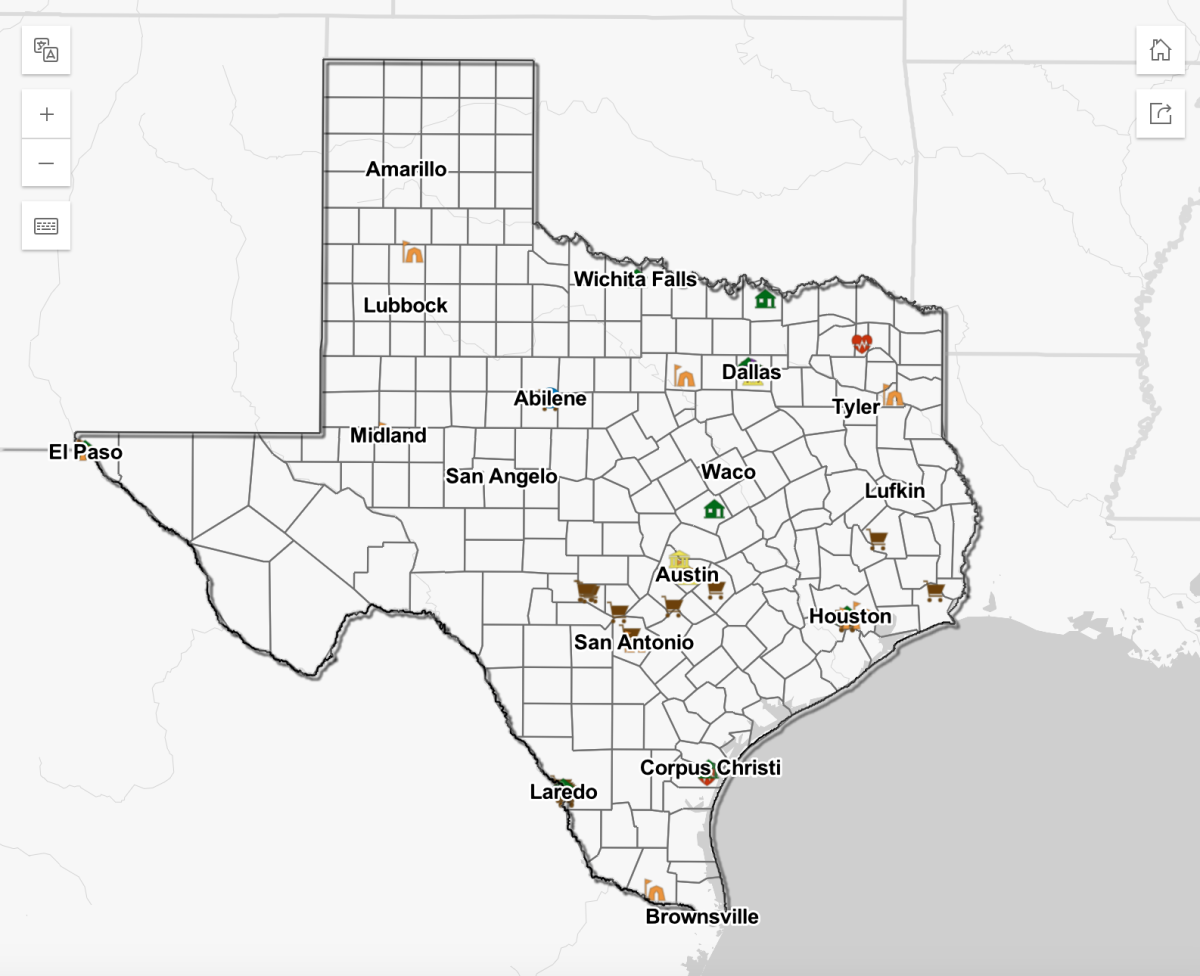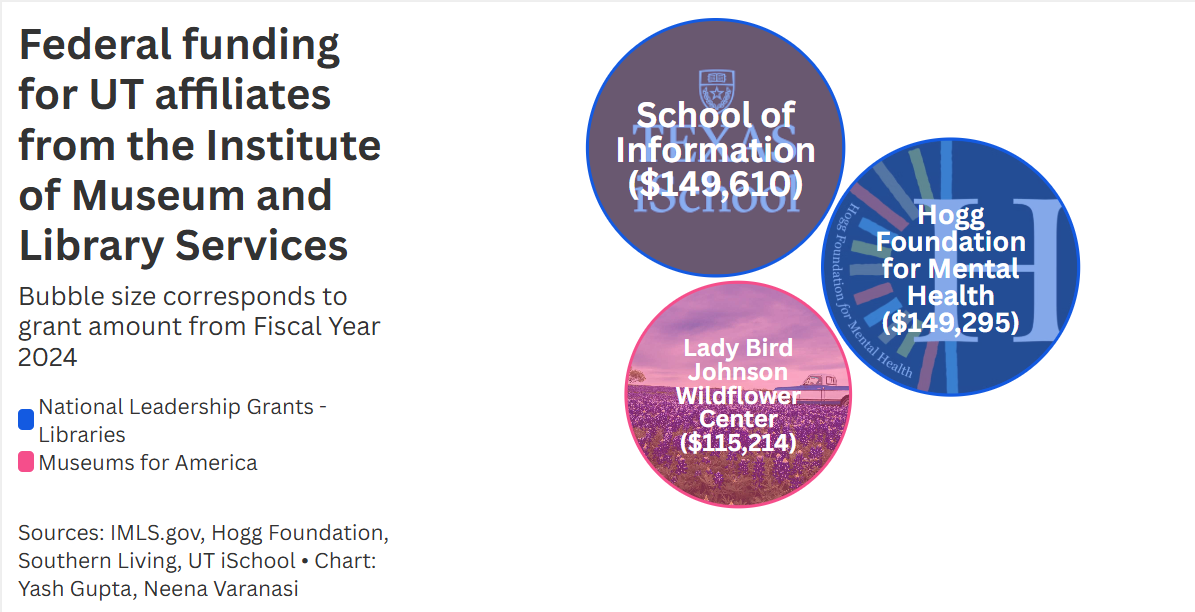Alongside a medical examiner, UT students viewed slides of injured brains, lungs and stomachs in search of clues related to possible causes of death.
The Undergraduate Forensics Organization, a UT student organization, held its first meeting of the semester Wednesday, hosting Dr. Satish Chundru, deputy chief medical examiner for Travis County. At his lecture, Chundru discussed the details of his career and explained to the potential forensic investigators in the room what a day in the life of a medical examiner is like.
“As a medical examiner, I combine efforts of police investigation and medical examination to determine the cause of death,” Chundru said. “Once the cause of death is determined, we can learn the manner of death.”
Accidents and suicides are the most common causes of death in Travis County, according to Chundru.
Throughout the lecture, Chundru explained the education process required to become a medical examiner, defined basic forensic pathology terms and clarified the differences between an elected coroner and a medical examiner.
In addition to these facts, Chundru showed various slides featuring pictures of organs that have led to particular causes of death, such as the heart of a drug user and lungs which had suffered from blood clots. He also showed various crime scenes he attended where the medical investigation process begins.
Following the lecture, Chundru answered a variety of questions from students such as what court room scenes are like and how one can manage to dissect human bodies.
Chundru is one of many guest speakers the organization invites to its meetings, according to biology senior Valerie Mendez, the organization’s vice president.
“We get to meet a variety of medical examiners and forensic entomologists,” Mendez said. “There is also a broad range of activities that we get to participate in within forensics such as going on tours.”
Mendez said joining the organization played a role in guiding her career goals.
“I knew I wanted to go into law,” Mendez said. “By joining Texas Forensics I was able to discover what I enjoy and pursue my dream of becoming a federal agent.”
Sociology senior Morgan Sharpe, the president of the organization, said the organization includes students with diverse academic interests.
“Texas Forensics is a group of students from biochemistry to anthropology majors who just love forensics,” Sharpe said. “If it’s from a TV show or the science side we are all here for that reason. We get to tour medical examiner facilities and speak with people from the police department who have an interesting sight to this field.”

